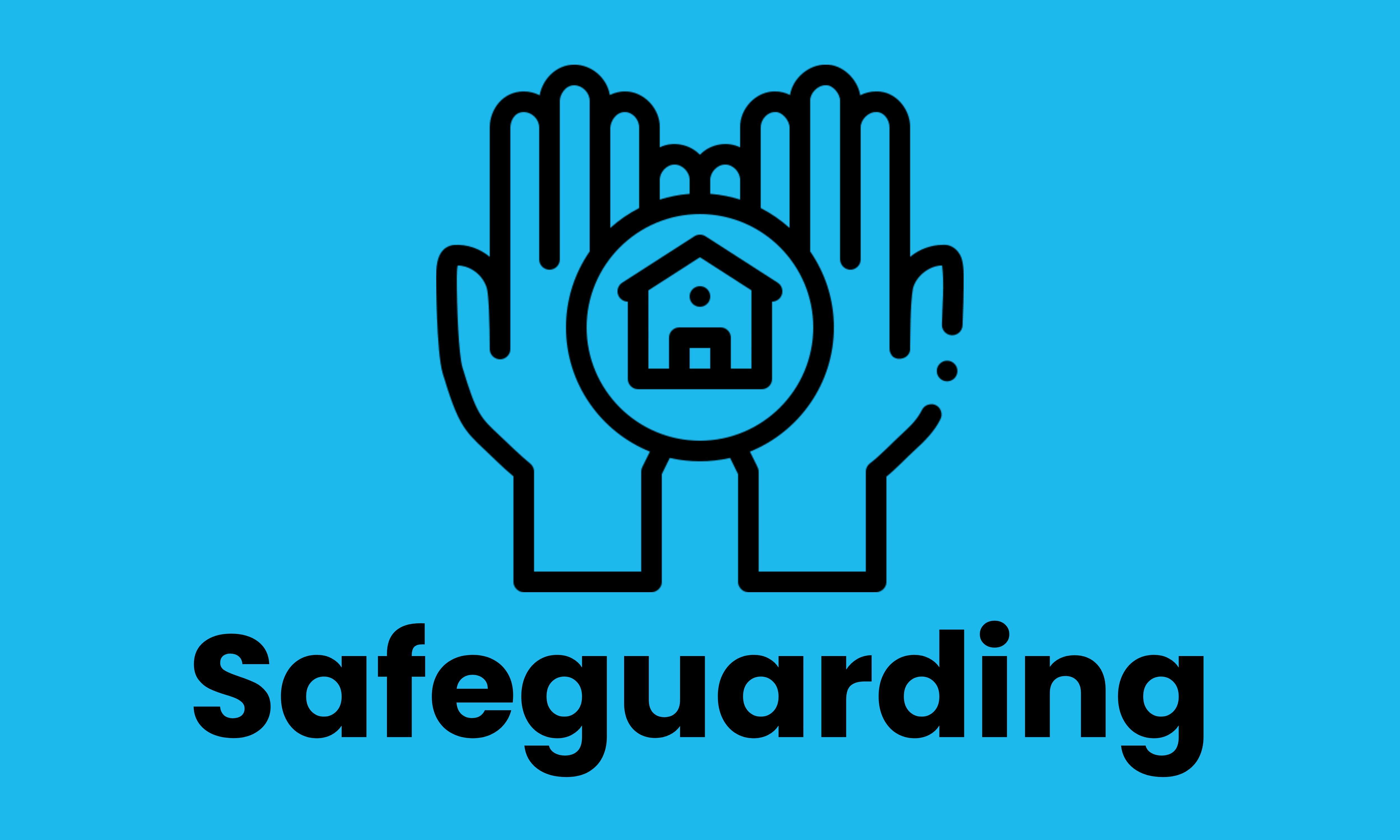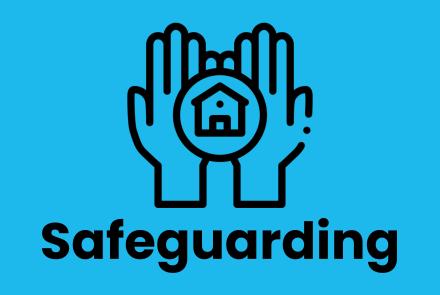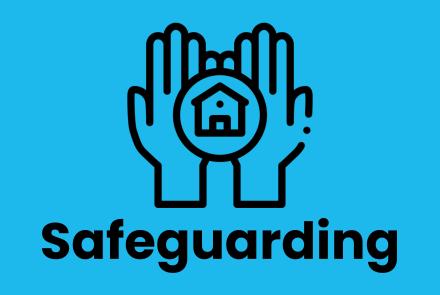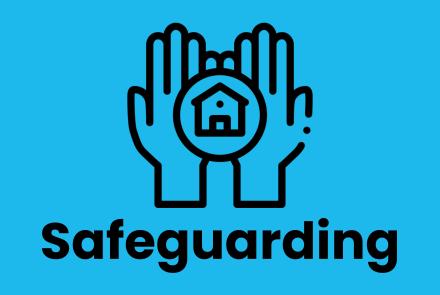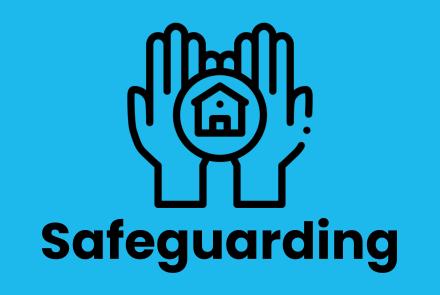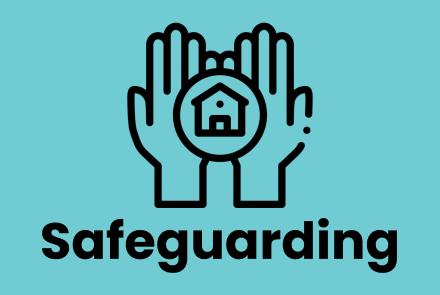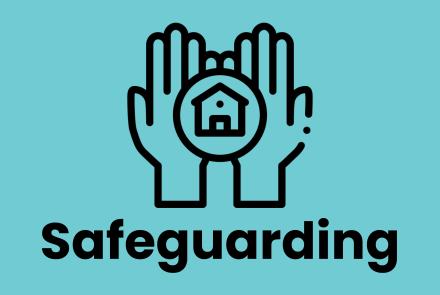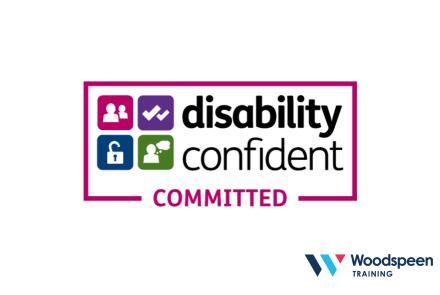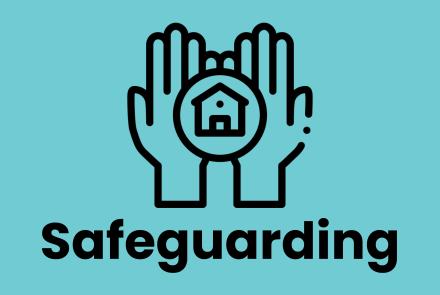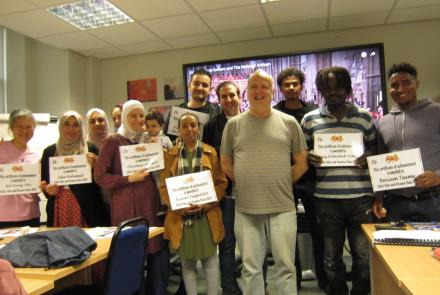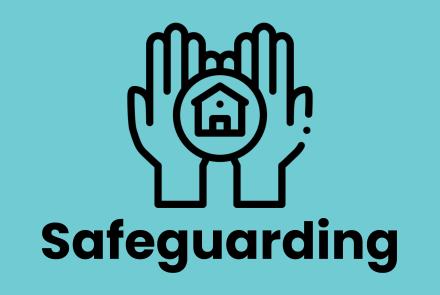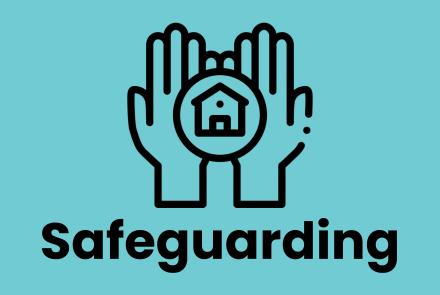Monthly safeguarding bulletin - August 2024
August's Safeguarding bulletin features:
- Tragic accident in Southport
- Workplace bullying
- Spotting the signs
- Child mental health
- Prevent
- Who to contact
Tragic Incident in Southport 29th July
Following the tragic incident in Southport on 29th July 2024, we have put together details of support services available to anyone who may have been affected - directly or indirectly - by these tragic events.
You can find a range of support at:
Find support services local to you - Hub of Hope
There is advice for parents, caregivers and children affected by the Southport attack published by The University of Manchester.
In addition there is a downloadable leaflet designed to help parents and caregivers cope with their own emotions and stress and to help them understand common reactions.
Workplace bullying
Bullying and harassment is behaviour that makes someone feel intimidated or offended. Harassment is unlawful under the Equality Act 2010.
Workplace bullying can be defined as the repeated less favourable treatment of a person by another or others in the workplace, which may be considered unreasonable and inappropriate workplace practice. It includes behaviour that intimidates, offends, degrades or humiliates a worker, possibly in front of co-workers, clients, or customers.
- Bullies can be supervisors, subordinates, co-workers, and colleagues
- Bullies often operate within the established rules and policies of their organisation
Workplace bullying includes negative acts directed toward employees. Examples could include:
- Intimidating or undermining employees by demeaning their work standards, not giving them credit, setting them up for failure and constantly reminding them of old mistakes
- Threatening employees’ personal self-esteem and work status
- Isolating employees from opportunities, information, and interaction with others.
- Giving impossible deadlines, creating undue pressure and stress, and overworking employees
- Giving constant and unfair criticism
- Blaming without factual justification
- Making unreasonable demands
- Giving hostile glares and other intimidating gestures
- Yelling, screaming, and swearing
- Purposely excluding or isolating a coworker
- Sending aggressive emails or notes
- Engaging in excessive social bantering, teasing, and humiliation
- Deliberately insulting others and taking part in behind-the-back put downs
What employees should do if they are bullied or harassed
Employees should see if they can sort out the problem informally first. If they cannot, they should talk to their:
- Manager or the next person in the chain of command (if supervisor is the issue)
- Keeping notes detailing the nature of the bullying (e.g., dates, times, places, what was said or done and who was present).
- Human resources (HR) department
- Trade union representative
If this does not work, they can make a formal complaint using their employer’s grievance procedure. If this does not work and they’re still being harassed, they can take legal action at an employment tribunal.
They could also call the ACAS (Advisory, Conciliation and Arbitration Service) helpline for advice: Telephone: 0300 123 1100 Monday to Friday, 8am to 6pm
Acas guidance on discrimination and bullying
National Bullying Helpline: 0300 323 0169 Monday to Friday, 9am to 5pm
National Bullying Helpline - homepage
Spotting the signs
Child abuse is when a child is harmed by an adult or another child – it can be over a period of time but can also be a one-off action. It can be physical, sexual or emotional and it can happen in person or online. It can also be a lack of love, care, and attention – this is neglect.
Click on the link for more information.
Understanding child abuse: types, signs, and support | NSPCC
Adult abuse can often be difficult to detect. Many forms of abuse are also criminal offences and should be treated that way.
Types of adult abuse:
- Physical abuse
- Domestic violence or abuse
- Sexual abuse
- Psychological or emotional abuse
- Financial or material abuse
- Modern slavery
- Discriminatory abuse
- Organisational or institutional abuse
More information is available here
Child mental health
The Association for Child and Adolescent Mental Health (ACAMH) has published a blog post on the mental health consequences of school anxiety and emotional based school avoidance (EBSA) in children. The blog discusses potential causes of school anxiety and EBSA and looks at the influence on: anxiety and depression; social isolation and loneliness; and low self-esteem and self-efficacy.
See information on NSPCC Learning
Catch it – mental health mobile app for anxiety and depression...
Catch It’ is a free NHS app which uses cognitive behavioural therapy (CBT) to help you improve and manage feelings like anxiety, depression, anger, or confusion.
The app could be a first step for you before speaking with a doctor or professional, when you feel like you are struggling and want to try and help yourself and may not be ready to share this with anyone else.
The app will teach you how to look at problems in a different way, recommended coping strategies, and look at how you can try and turn negative thoughts into positive ones, to improve your mental wellbeing.
The app uses a 'Catch It', 'Check It' and 'Change It' process.
Catch It asks users to record and rate their moods in the app's diary
Check It asks users to reflect on what they are thinking by answering questions to help users analyse and reflect on the situation that provoked the mood or worries
Change It asks users to find a better way to deal with a problem and try and work towards a possible solution
Aims to improve your mental wellbeing by using CBT techniques and regularly logging and reflecting on your mood and thoughts
Users are then provided with a narrative description of what happened when the mood occurred, and what ‘automatic thoughts’ they had at the time. Users are encouraged to re-frame the situation in a different way by taking a moment to reflect on their mood entry.
They are also asked if the strength of the mood has changed by again rating their mood on a scale of 1-5 and possible triggers on how it affected the change of mood.
Please note that the ‘Catch It’ app is not a substitute for professional mental health care or intended for individuals in an emergency. If you are in an emergency situation, please immediately access emergency services.
For other mental health resources, please find a local NHS mental health helpline, or get support from mental health charities.
Help & how to get started!
Search for the 'Catch It' app on the App Store (iOS) or Google Play (Android)
Prevent
Current threat level
The current UK national terrorist threat level is ‘substantial’, which is defined as ‘an attack is likely’. This level has been unchanged since February 2022 and is set by the Joint Terrorism Analysis Centre and the Security Service (MI5).
The threat to Northern Ireland from Northern Ireland-related terrorism is ‘severe’, which is defined as ‘an attack is highly likely’.
More information is available here.
Warning issued regarding potential dangers to young people online following sentencing of 16-year-old
Counter Terrorism Policing Northeast urge people to be aware of the dangers young people can face online after a 16-year-old from Stockton-on-Tees received a three year Youth Rehabilitation Order and a three year Criminal Behaviour Order in July, after admitting possessing extreme right wing material and distributing content to others on social media platforms.
Following his arrest in December 2023, the defendant was charged with the below offences in March:
- Five offences under Section 58 of the Terrorism Act 2000 – possession of terrorist material
- Three offences under Section 2 of the Terrorism Act 2006 – dissemination of terrorist material
- One offence under Section 1 Criminal Damage Act 1971
- One offence under Section 30 Crime and Disorder Act 1988
He pleaded guilty to all offences at an earlier hearing and was today sentenced at Leeds Crown Court.
Counter Terrorism Policing Northeast commented:
“Exposure to extremist content and groups online can lead them down a dangerous path. The ACT Early website (https://actearly.uk) provides information about signs to look out for when someone may be getting drawn into extremism and online security. The site also signposts people to support, who to contact if you are worried about a loved one and what help is out there.
Research shows that family and friends are best placed to spot the signs that someone might be vulnerable to radicalisation. If you’re concerned someone close might be being targeted, then act early and share your concerns so the person can get the support they need.”
For more information, please visit.
Bury man who encouraged violence against minority groups jailed
In late July, Sean Dowd, from Ramsbottom, was sentenced at Manchester Crown Court to 27 months in prison. He previously pleaded guilty to:
- Ten counts of publishing / distributing written material, which was threatening, abusive or insulting, intending thereby to stir up racial hatred contrary to Section 19(1) of the Public Order Act 1986
- Three counts of publishing / distributing written material which was threatening, intending to stir up religious hatred contrary to Section 29(C) of the Public Order Act 1986
Dowd was arrested by Counter Terrorism Policing NW officers in March 2023 after he was identified as the man behind a social media account which had shared scores of antisemitic, racist, and xenophobic posts. A number of these posts encouraged violence against various communities and praised those who had previously carried out terrorist attacks.
At the time of his arrest, Dowd’s account had 200 followers and the bio on his profile stated: “smiling and sharpening my knife”.
Speaking after the sentencing, the Head of CTPNW Investigations said:
“This is another case which highlights the potential dangers of negative online activity so I would like to take this opportunity to continue to urge anybody who comes across hateful, violent, or extremist content to please report it to the police urgently so that action can be taken.”
For more information, please visit.
Top reported crimes for some of our regions
Birmingham
Violence & sexual offices - 445
Shoplifting - 218
Other theft - 146
Public Order - 120
Sheffield
Violence & sexual offices - 231
Shoplifting - 171
Anti-social behaviour - 132
Public Order - 109
Liverpool
Violence & sexual offices - 184
Shoplifting - 106
Drugs - 98
Public Order - 85
Data taken from https://www.police.uk/
Contacts for Lead and Sector Designated Safeguarding Leads
Gina Stephens Lead DSL all sectors, 07867 260276
Janine Ridley Deputy Lead DSL all sectors, 07771 672491
Tom Sumnall Deputy Lead DSL all sectors, 07741 743618


